"This Is Game Changing For Better Sleep!" — How to Choose the Right Bedding Thread Count for Your Sleep Type
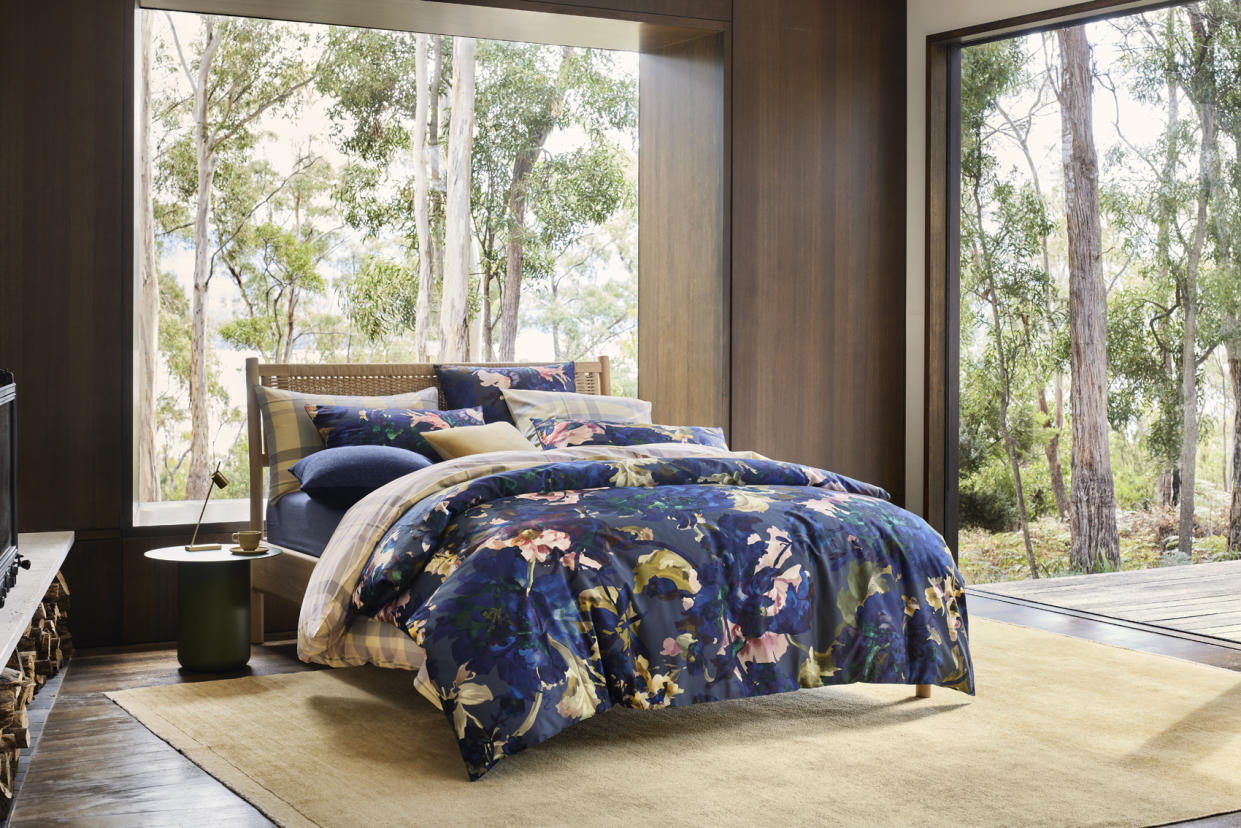
Choosing the perfect bedding for your sleep type can prove quite the task, especially when you aren’t even sure what to consider while making the choice. Many people when looking for the bed clothes of their dreams purely base their decision on physical touch – how the material feels in their hands when they pick it up off of a store shelf. However, the quality and properties of a bedding material extend much further than softness and a price tag.
When it comes to choosing from the best bedding sets, the thread count of a material is a lesser considered factor by shoppers looking to improve their sleep quality. Referring to a measure of a fabric’s weight and the amount of threads woven into its fabric per square inch, a bedding’s thread count can be the cause of many unknown issues impacting a person’s sleep quality if they aren’t aware of its importance.
We spoke to sleep experts and bedding designers about the essential knowledge of thread counts to teach you what weight of bedding will most suit your sleep type. Here’s what they had to say.
Why does thread count matter?
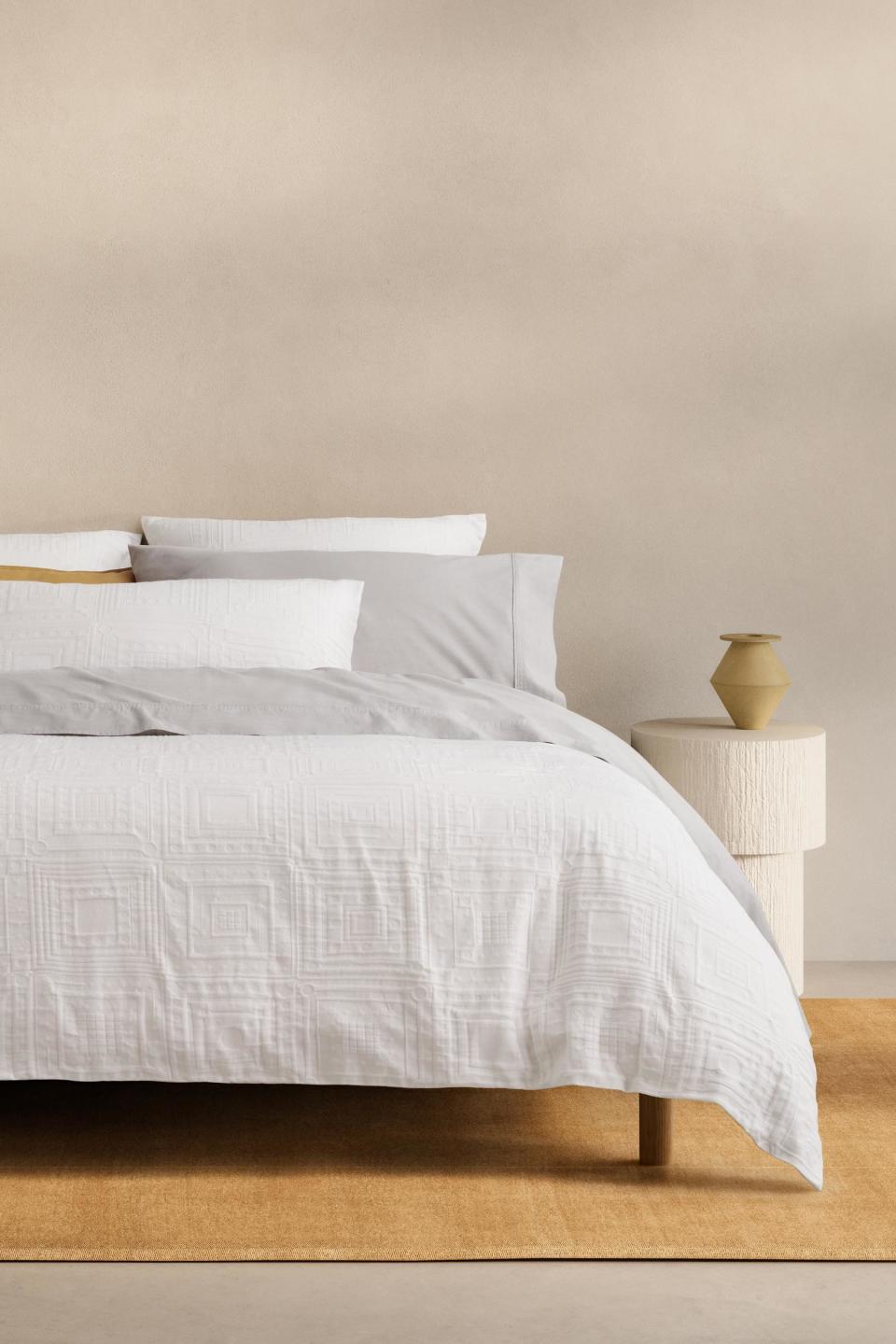
The overheating, stuffy feeling you toss and turn with all night, the one that drives you crazy – this is likely in part caused through using bedding of the incorrect thread count. If you’re looking to improve your sleep quality, paying attention to the weight of your bedding materials matters without question.
Joanna Ross, General Manager of Design at Sheridan, suggests varying the thread count of your bedding throughout the year to reflect the temperature of the seasons. It can be tempting to just add or remove blankets we already own as our form of temperature regulation, but in the warmer months having one blanket on may still sap away a person’s nighttime breathability if it’s got a thread count higher than they’re aware of.
‘Ideally, thread count varies by season,’ says Joanna. ‘The higher the thread count, the weightier your bedding gets. Heavy materials and fabrics that aren’t very breathable can cause a person to overheat during the night, negatively affecting their overall sleep quality.’
Sheridan recommends using a 500 thread count sheet for spring and summer, and a slightly heavier 1000 or 1200 option for winter. Although, it’s important to note that a higher thread count does not automatically equate to something being better quality, and different thread count amounts can mean different things depending on the material it’s describing.
‘Higher thread counts typically provide a more durable and dense fabric,’ says Julia Siemen, a Certified Sleep Science Coach at Sleep Advisor. ‘Thread count does matter, however, it is not the only factor you should consider when purchasing bedding.’
What is the best thread count type for a hot sleeper?
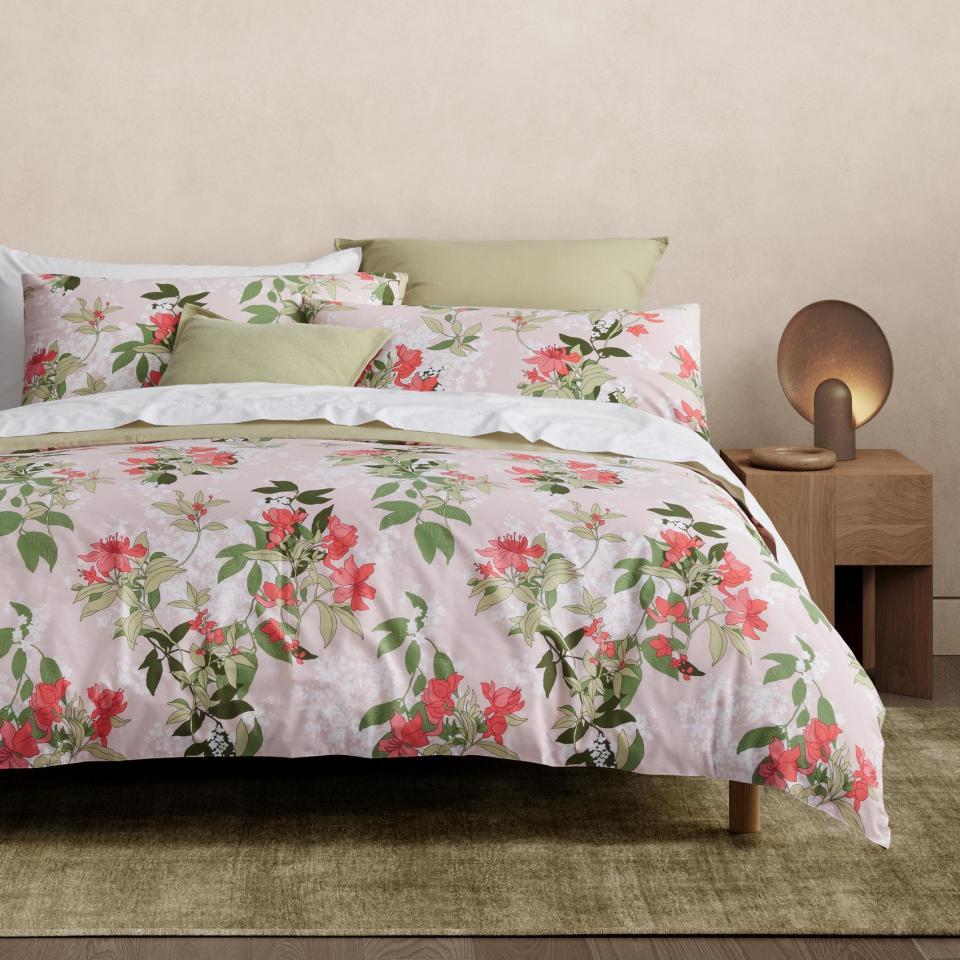
Now you know a bit more about thread counts, it’s time to read up on what sorts of bedding might be for you.
“Hot sleepers” are people who tend to overheat at nighttime in their bedding. Frequently experiencing warm flushes and night sweats, or wondering how to sleep in the heat, a hot sleeper’s body temperature struggles to regulate at night, unable to cool down in the same way as a more neutral sleeper.
To accommodate this sleep type, it’s important to use a fabric with a higher weave of breathability and temperature-wicking property, regardless of the time of year.
‘Hot sleepers should consider a lower thread count because sheets with a low thread count can be more breathable compared to those with a higher thread count,’ says Carlie Garsia, a Certified Sleep Coach at Sleepopolis. ‘This is because a less dense weave can allow for more airflow through the fabric.’
Joanna seconds Carlie’s advice on opting for a lower thread count of bedding, further adding some recommendations: ‘If you’re a hot sleeper, you may prefer something more lightweight, like a 300 or 400 thread count cotton,’ says Joanna. ‘Cotton is an incredibly versatile material, guaranteed to be soft as well as lightweight, the latter depending on the thread count.’
If you’re a hot sleeper and wake up in the night overheating, silk also provides some answers to your slumber. ‘Silk is a superior choice when it comes to bedding,’ says Joanna. ‘Not only is it good for your hair and skin, but it’s also naturally hypoallergenic and thermoregulating, so you can say goodbye to the very warm and sleepless nights.’
What is the best thread count type for a cool sleeper?
If you’re the opposite of toasty at night, a higher thread count is likely for you. Consisting of tighter woven fibers that let less airflow pass through the fabric, high thread count bedding materials have a knack for providing the user with better insulation than their breezier counterpart.
‘Higher thread counts are great especially if you tend to be a cold sleeper,’ says Julia. ‘The tightly woven fabric allows for your bedding to trap heat and keep you warm throughout the night.’
Some good picks for higher thread count bedding materials include some cottons, and bamboo.
Regardless of your sleep type, you deserve a good night’s rest. We hope this helps you get there.
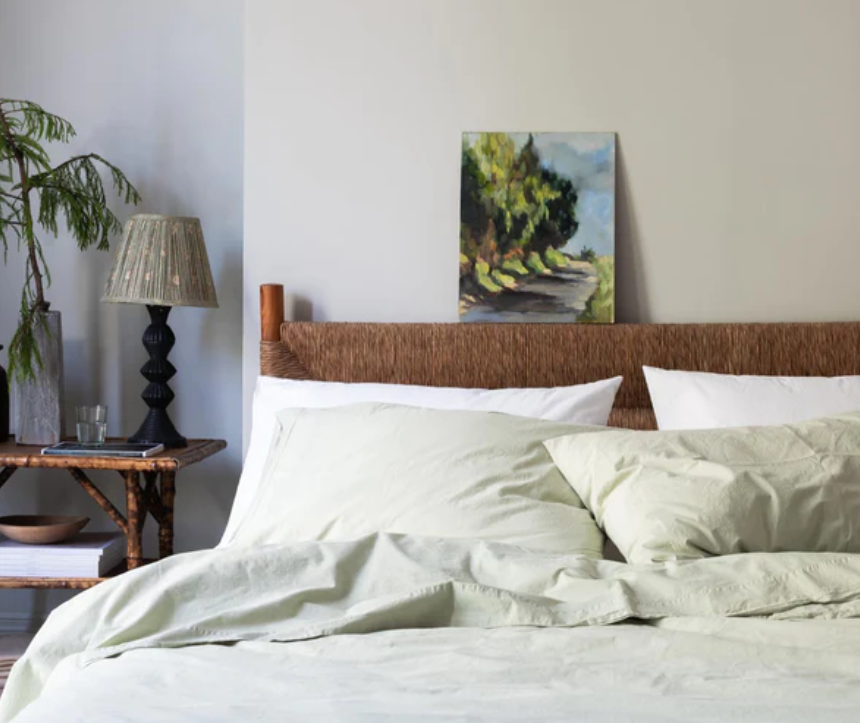
Apple Washed Cotton Percale Sheet Set (200TC)
Price: $129
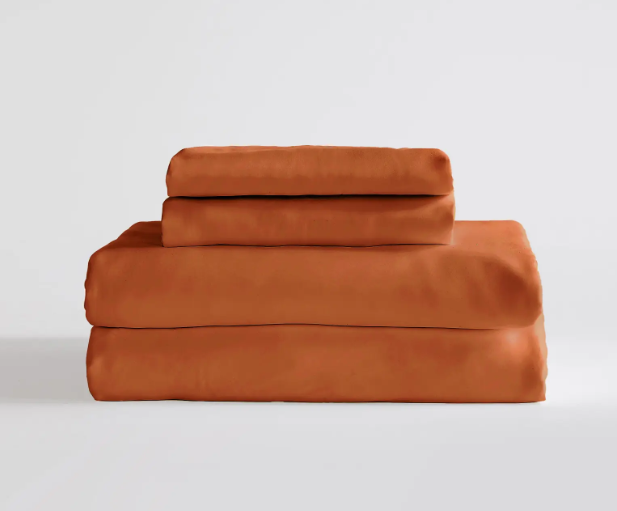
Bamboo Sheet Set (300 TC)
Price: $89.90
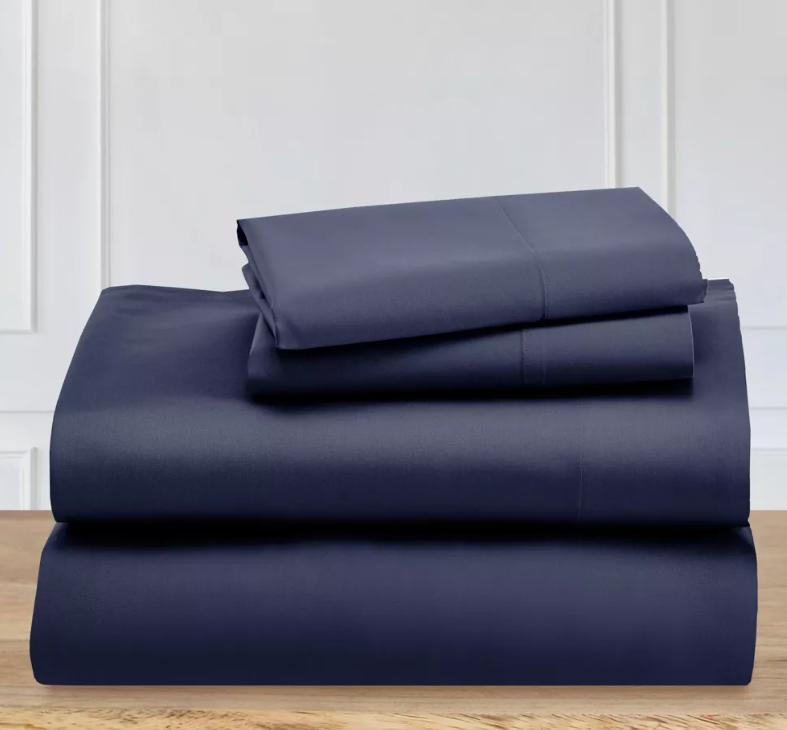
100% Cotton Sateen Bedsheet Set (1000TC)
Price: $163.99 (sale price $122.99)

